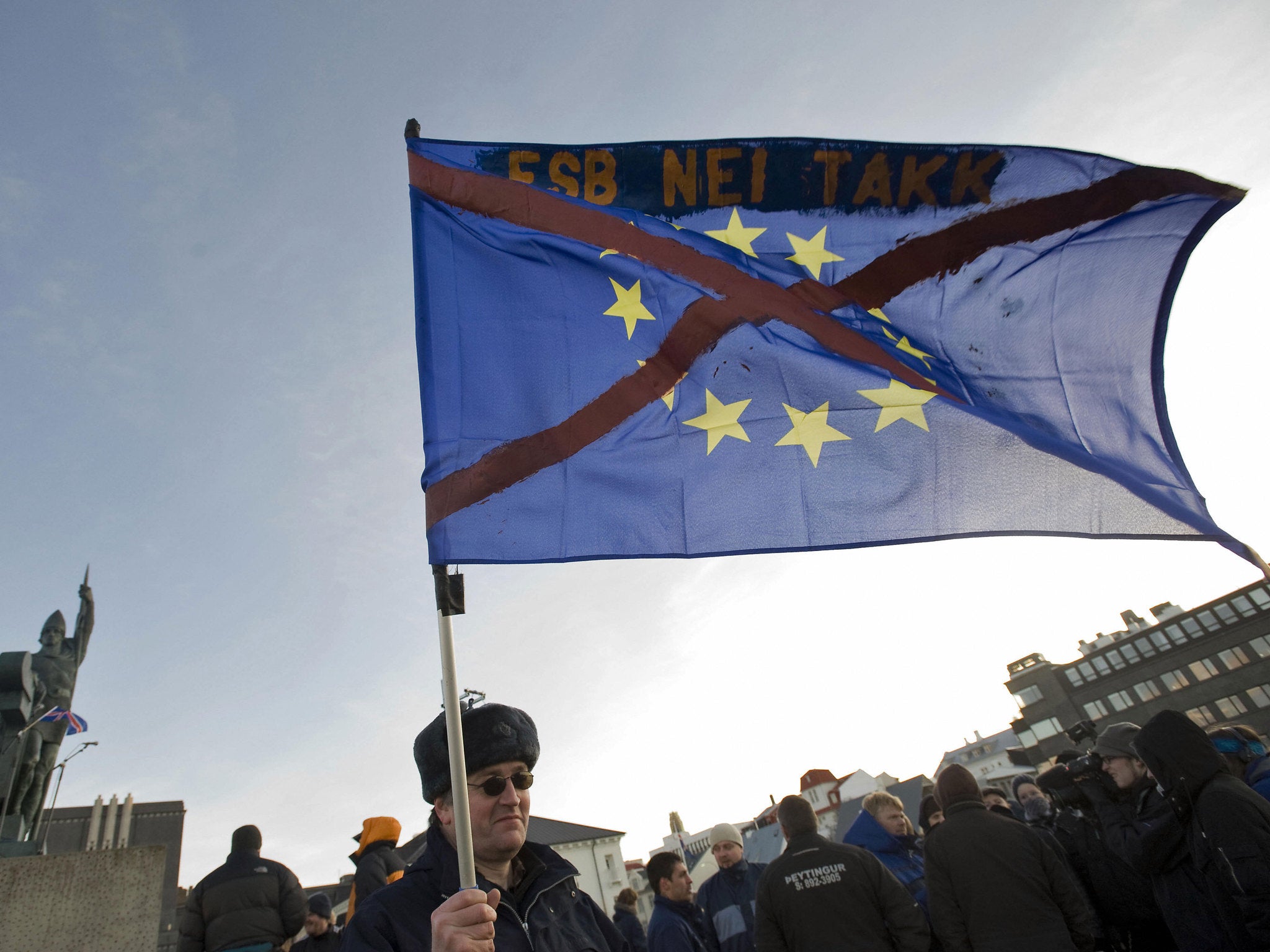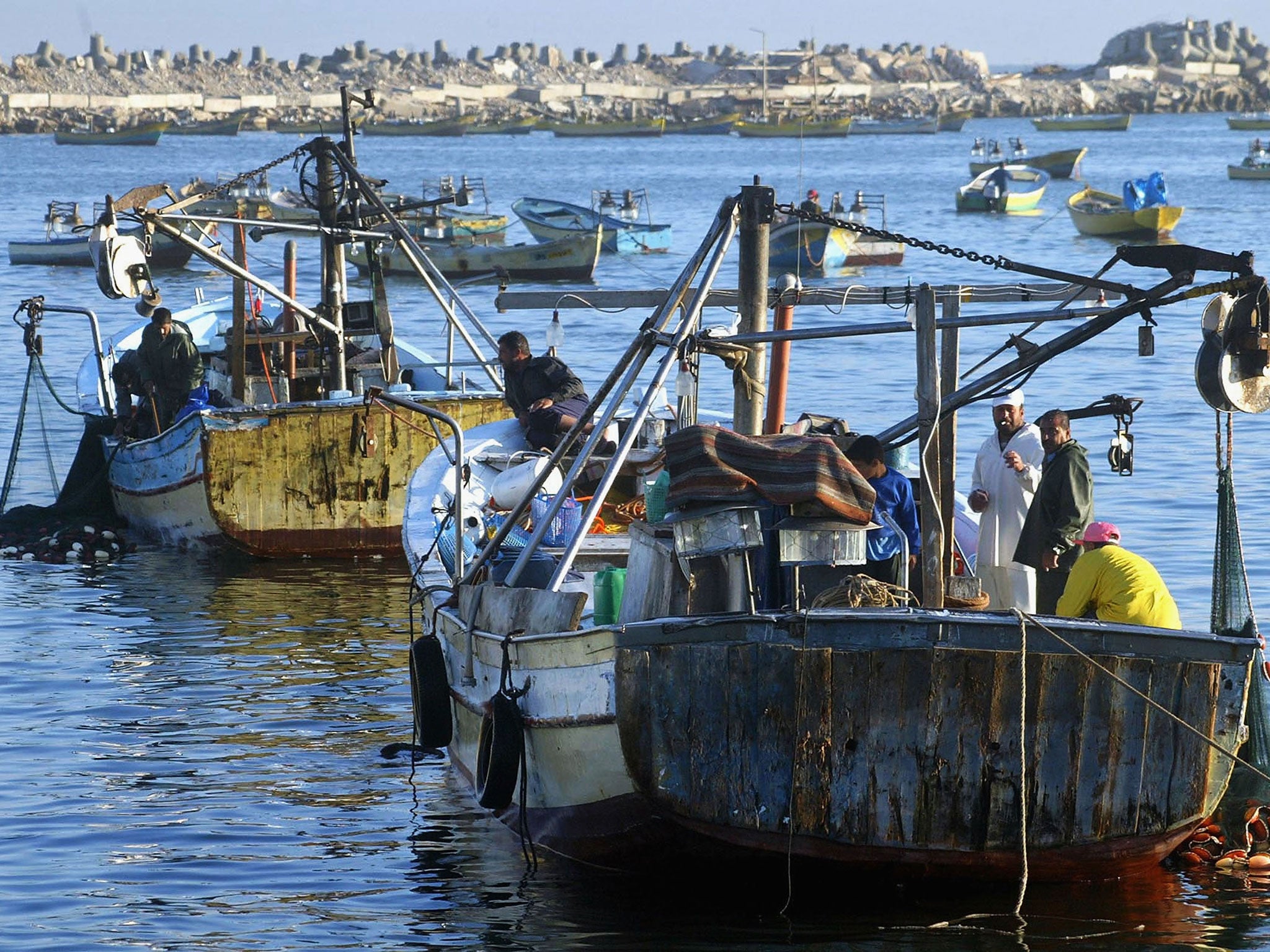Iceland drops bid to become part of European Union
‘Iceland’s interests are better served outside of the European Union’ the country’s foreign minister wrote

Your support helps us to tell the story
From reproductive rights to climate change to Big Tech, The Independent is on the ground when the story is developing. Whether it's investigating the financials of Elon Musk's pro-Trump PAC or producing our latest documentary, 'The A Word', which shines a light on the American women fighting for reproductive rights, we know how important it is to parse out the facts from the messaging.
At such a critical moment in US history, we need reporters on the ground. Your donation allows us to keep sending journalists to speak to both sides of the story.
The Independent is trusted by Americans across the entire political spectrum. And unlike many other quality news outlets, we choose not to lock Americans out of our reporting and analysis with paywalls. We believe quality journalism should be available to everyone, paid for by those who can afford it.
Your support makes all the difference.Iceland has withdrawn its bid to become part of the European Union, two years after its application was paused when a centre-right coalition party came into power.
“Iceland’s interests are better served outside of the European Union,” the country’s foreign minister, Gunnar Bragi Sveinsson wrote on his website, the Guardian reports.
Iceland first placed its bid to become part of the EU in 2009 when the country was ruled by a left-leaning government and its economic stability had been crippled by the financial crisis.

But a continued sticking point between Iceland and the EU was the Common Fisheries Policy, Deutsche Welle reports. The Union’s law currently dictates which states can catch what kind of fish and in what amount, while Iceland has long claimed that its own system, which did not comply with EU regulation, was better for business and for preserving fish populations.
In 2013, the EU opened sanctions proceedings against Iceland and the Faroe Islands over fears of overfishing mackerel and herring in what had come to be known as the on-going “mackerel wars”.
Since taking power in 2013, Iceland’s coalition government has been fervently against joining the EU, and last January it attempted to withdraw its membership bid but was forced to halt its plans when people took to the streets in protest at the decision being made without a referendum.
The Icelandic government issued a statement explaining that Sveinsson had met with his Latvian counterpart, Edgars Rinkevics, to deliver a letter to the Presidency of the Union and the Commission declaring its decision, but did not give a reason for dropping the bid.
The letter announced “the Government of Iceland had decided at its cabinet meeting last Tuesday that it did not intent to restart accession negotiations with the EU,” and requested that the EU “act in according with this from now on”.
The letter stressed that “this new policy supersedes the commitments made in the course of accession negotiations by the former government”.
In his discussion with Mr Rinkevics, the Minister for Foreign Affairs emphasised the importance of continued strong relations and cooperation between Iceland and the EU.
Join our commenting forum
Join thought-provoking conversations, follow other Independent readers and see their replies
Comments